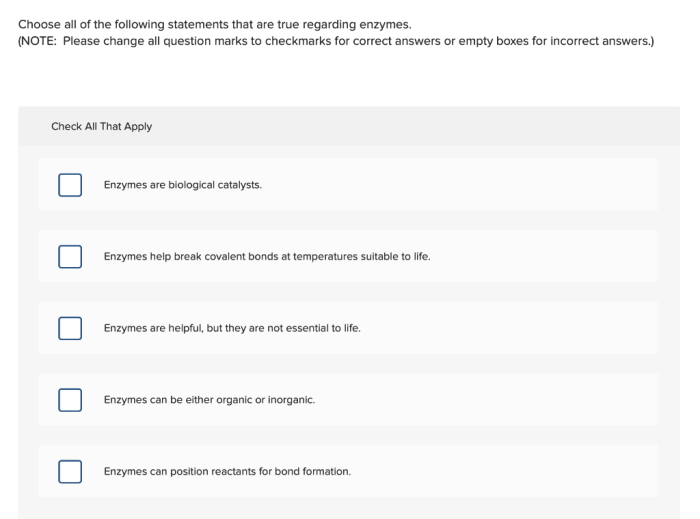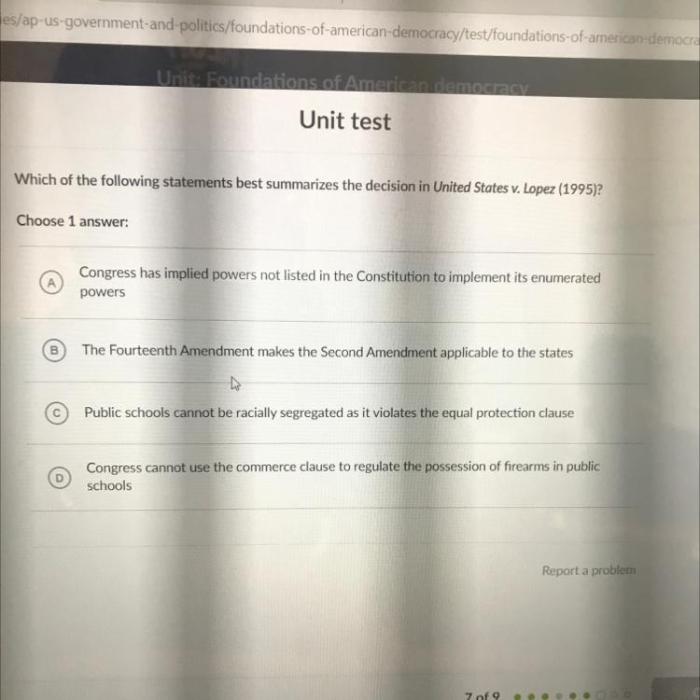Which of the following statements are true regarding consent? Consent is a fundamental legal and ethical principle that governs interactions between individuals and organizations. Understanding the nuances of consent is crucial for navigating interpersonal relationships, healthcare decisions, and various legal contexts.
This comprehensive guide delves into the multifaceted nature of consent, exploring its types, validity, withdrawal, exceptions, and legal and ethical implications. By examining real-world examples and providing practical guidance, this article empowers individuals to make informed decisions and safeguard their rights.
Types of Consent
Consent is the voluntary agreement of a person to participate in a specific action or procedure. It can be either express or implied.
Express Consent
Express consent is given explicitly, either verbally or in writing. It is the most common type of consent and is required for any medical procedure that involves risk.
Implied Consent
Implied consent is given through actions or conduct that indicate a person’s willingness to participate in an activity. It is often used in situations where it is not practical to obtain express consent, such as during an emergency.
Differences Between Express and Implied Consent
- Express consent is given explicitly, while implied consent is given through actions or conduct.
- Express consent is required for any medical procedure that involves risk, while implied consent is often used in situations where it is not practical to obtain express consent.
- Express consent is more difficult to withdraw than implied consent.
Validity of Consent

For consent to be valid, it must meet certain requirements:
Elements of Valid Consent
- The person giving consent must be competent to do so.
- The person giving consent must be informed about the risks and benefits of the procedure.
- The person giving consent must be given the opportunity to ask questions.
- The person giving consent must be free from coercion or undue influence.
Capacity to Consent
A person must be of sound mind and body to give valid consent. This means that they must be able to understand the nature and consequences of the procedure.
Circumstances Under Which Consent May Be Invalidated
Consent may be invalidated if it was obtained through coercion, undue influence, fraud, or misrepresentation.
Withdrawal of Consent: Which Of The Following Statements Are True Regarding Consent
A person has the right to withdraw consent at any time, even after the procedure has begun. However, there may be consequences to withdrawing consent.
Circumstances Under Which Consent Can Be Withdrawn
Consent can be withdrawn if the person changes their mind, if they learn new information about the procedure, or if they experience adverse effects.
Consequences of Withdrawing Consent
Withdrawing consent may result in the termination of the procedure. It may also lead to legal liability if the person suffers harm as a result of withdrawing consent.
Exceptions to Consent

There are a few situations where consent is not required:
Situations Where Consent Is Not Required
- In an emergency, when the person is unable to give consent.
- For routine medical procedures that pose minimal risk.
- When the person is legally incompetent.
Legal Basis for These Exceptions
These exceptions are based on the principle of necessity. In an emergency, the person’s life or health is at stake, and it is not possible to obtain consent.
Ethical Implications of These Exceptions
These exceptions raise ethical concerns because they allow for medical procedures to be performed without the person’s consent. However, these concerns are outweighed by the need to protect the person’s life or health.
Legal and Ethical Implications

Obtaining or failing to obtain consent has legal and ethical implications:
Legal Consequences of Obtaining or Failing to Obtain Consent, Which of the following statements are true regarding consent
Obtaining consent is a legal requirement for any medical procedure that involves risk. Failing to obtain consent can lead to legal liability.
Ethical Principles That Guide the Use of Consent
The use of consent is guided by ethical principles, such as autonomy, beneficence, and non-maleficence.
Importance of Informed Consent in Healthcare and Other Contexts
Informed consent is essential in healthcare because it allows patients to make decisions about their own care. It is also important in other contexts, such as research and business.
Best Practices for Obtaining Consent

There are a number of best practices for obtaining consent:
Guidelines for Obtaining Informed Consent
- Use clear and concise language.
- Explain the risks and benefits of the procedure.
- Give the person the opportunity to ask questions.
- Ensure that the person is not under any pressure to consent.
- Document the consent process.
Importance of Clear and Concise Language
It is important to use clear and concise language when obtaining consent. The person should be able to understand the risks and benefits of the procedure without difficulty.
Role of Witnesses and Documentation
It is often helpful to have witnesses present when obtaining consent. This can help to ensure that the person is not under any pressure to consent and that they understand the risks and benefits of the procedure. It is also important to document the consent process.
Detailed FAQs
What are the key elements of valid consent?
Valid consent requires the individual to be of sound mind, fully informed about the proposed action, and free from coercion or undue influence.
Under what circumstances can consent be withdrawn?
Consent can be withdrawn at any time, as long as it is done before the action in question has been completed.
What are the legal consequences of obtaining or failing to obtain consent?
Obtaining consent is a legal requirement in many situations, and failure to obtain it can result in civil or criminal liability.